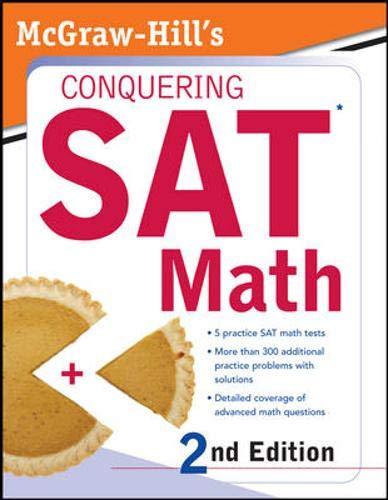Question
Case 1 : Supply Chain Management at EcoTech Electronics EcoTech Electronics ( EE ) is a manufacturer of environmentally friendly consumer electronics and gadgets. The
Case : Supply Chain Management at EcoTech Electronics
EcoTech Electronics EE is a manufacturer of environmentally friendly consumer
electronics and gadgets. The company is headquartered in Green Valley, California, and
distributes its products worldwide. Recently, a supply chain expert was appointed as the
Chief Operations Officer COO of EE bringing a fresh perspective to the supply chain
operations. The company's costs in this area have been on the rise, prompting concerns
from the management. EE's annual sales reached $ for the first time since its
inception, and the management believes that while some of the increased supply chain
costs may be due to higher sales, there are other underlying factors that need attention.
The management is particularly concerned about the direct impact of supply chain costs
on the company's bottom line.
EE supplies its products through three main distribution channels: online retail direct to
consumers thirdparty retailers, and international distributors. Each channel operates as
an independent profit center with full financial responsibilities for their income
statements and balance sheets. Online retail accounts for the largest percent of total
sales, followed by third party retail and international distributors. The cost of goods sold
accounts for of sales, and all three channels appear to be profitable, contributing
equally to EE's overall performance as per the companys cost accountant.
The order fulfillment process at EE involves four key areas:
Order Processing: $
Packaging: $
Labeling: $
Delivery: $
Total Supply ChainRelated Costs: $
The average order fulfillment time is currently days. All orders are processed through a
central location and shipped from distribution centers located across the country. Online
retail and thirdparty retail orders shipped unlabeled while international distributors
often require customized labeling to comply with different regulatory requirements. To
meet these needs, the company invested in a labeling machine with a historical value of
$ which is typically depreciated on a straightline basis over years.
EE has a consistent discount policy for all three channels, with net payments due in
days. Online retail adheres to this policy, while thirdparty retailers tend to pay within
days, and international distributors sometimes take up to days. The cost accountant
reports that all sales are made on credit, and cash sales or COD sales are rare, so they
can be disregarded for analysis.
In the current fiscal year, EE received a total of orders: from online retail,
from thirdparty retailers, and from international distributors. Each order
corresponds to a delivery that is typically completed within the day fulfillment cycle.
The company's practice has been to allocate logisticsrelated costs to its three channels
based on their relative percentage of sales volume. The orders were shipped as shown in
Table Activity Summary by Distribution Channel. Packaging costs were the same
regardless the order size.
EE maintains inventory safety stock to ensure it meets its promised delivery times,
estimated at an average of days for online retail, days for thirdparty retailers,
and days for international distributors. The cost accountant estimates that carrying
costs, including the cost of capital, amount to approximately of the total average
annual inventory. The company's cost of capital for both borrowing and lending is
estimated at
EEs currently has accounts with thirdparty retailers. Table provides a sales
summary and logistics volume orders packages by account.
The COO emphasizes the company's commitment to providing excellent customer
service, particularly in maintaining a day fulfillment cycle. However, the board of
directors is beginning to question whether this strategy is generating enough value to
justify its cost.
Management has tasked you, as a supply chain expert, with the following
questions:
Analyze the current cost allocation methods used by EE What potential
changes can you recommend to make the system more efficient and
accurate?
Determine the profitability level and return on investment for each
distribution channel under the current cost allocations and the
recommended changes.
Provide recommendations regarding the company's policy of offering all
customers the same service level day fulfillment cycle
Table Activity Summary by Distribution Channel
Channel Name Sales Orders Packages
Online Retail $
ThirdParty Retail $
International Distributors $
Table Activity Summary by ThirdParty Retail
Retailer Name Sales Orders Packages
Gadgets and I $
All Things Tech $
Tech at Home $
Step by Step Solution
There are 3 Steps involved in it
Step: 1

Get Instant Access to Expert-Tailored Solutions
See step-by-step solutions with expert insights and AI powered tools for academic success
Step: 2

Step: 3

Ace Your Homework with AI
Get the answers you need in no time with our AI-driven, step-by-step assistance
Get Started


